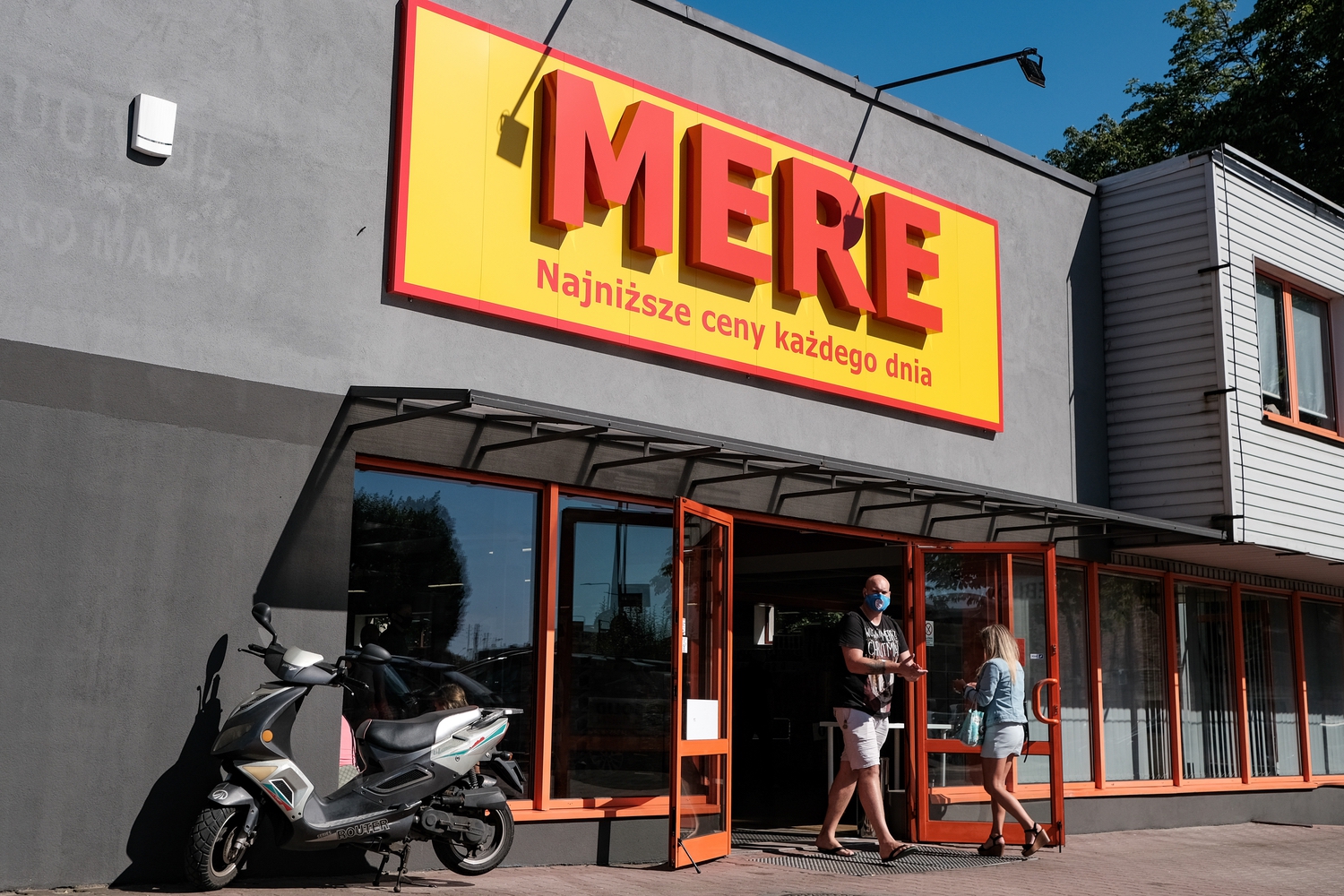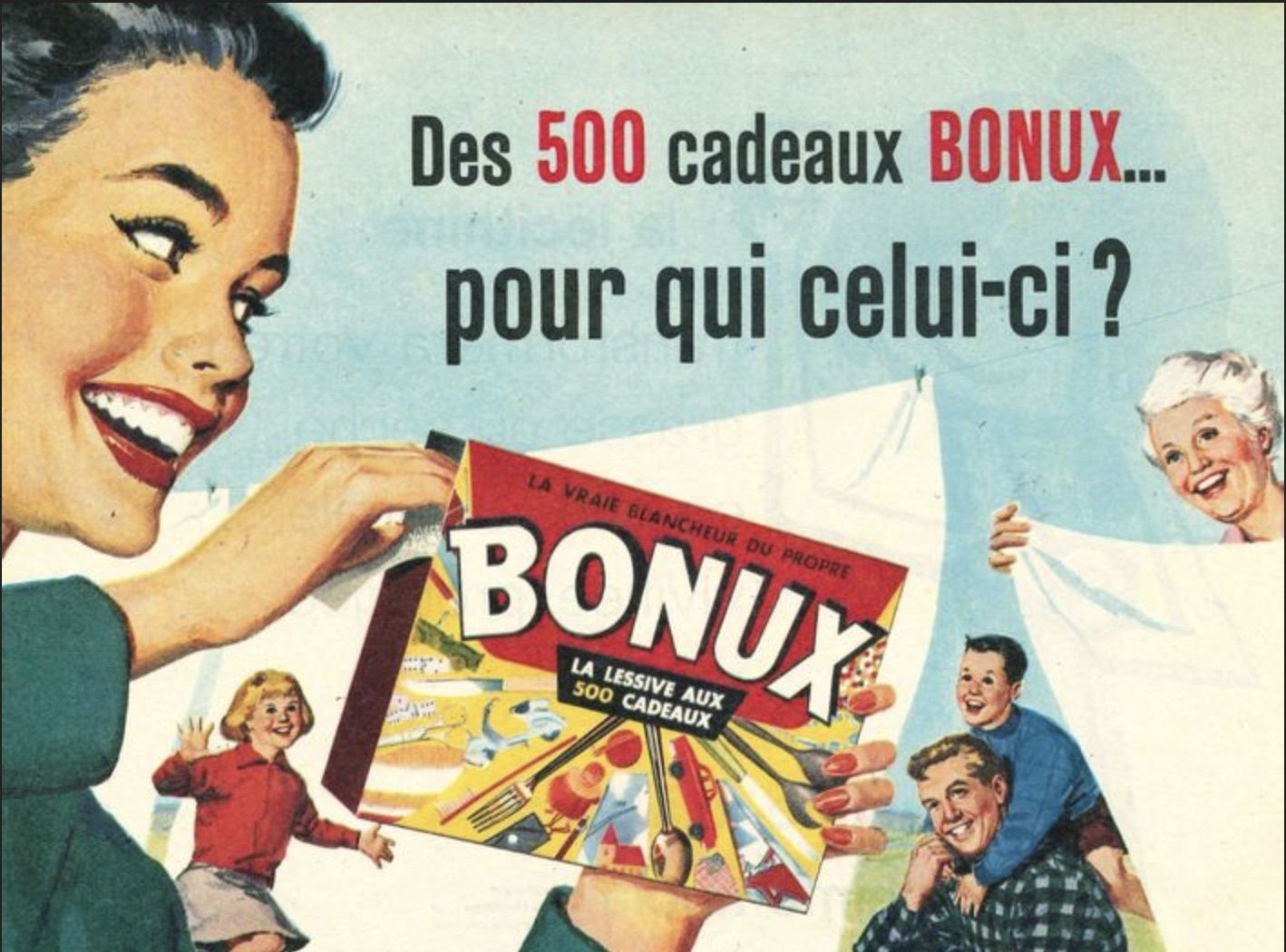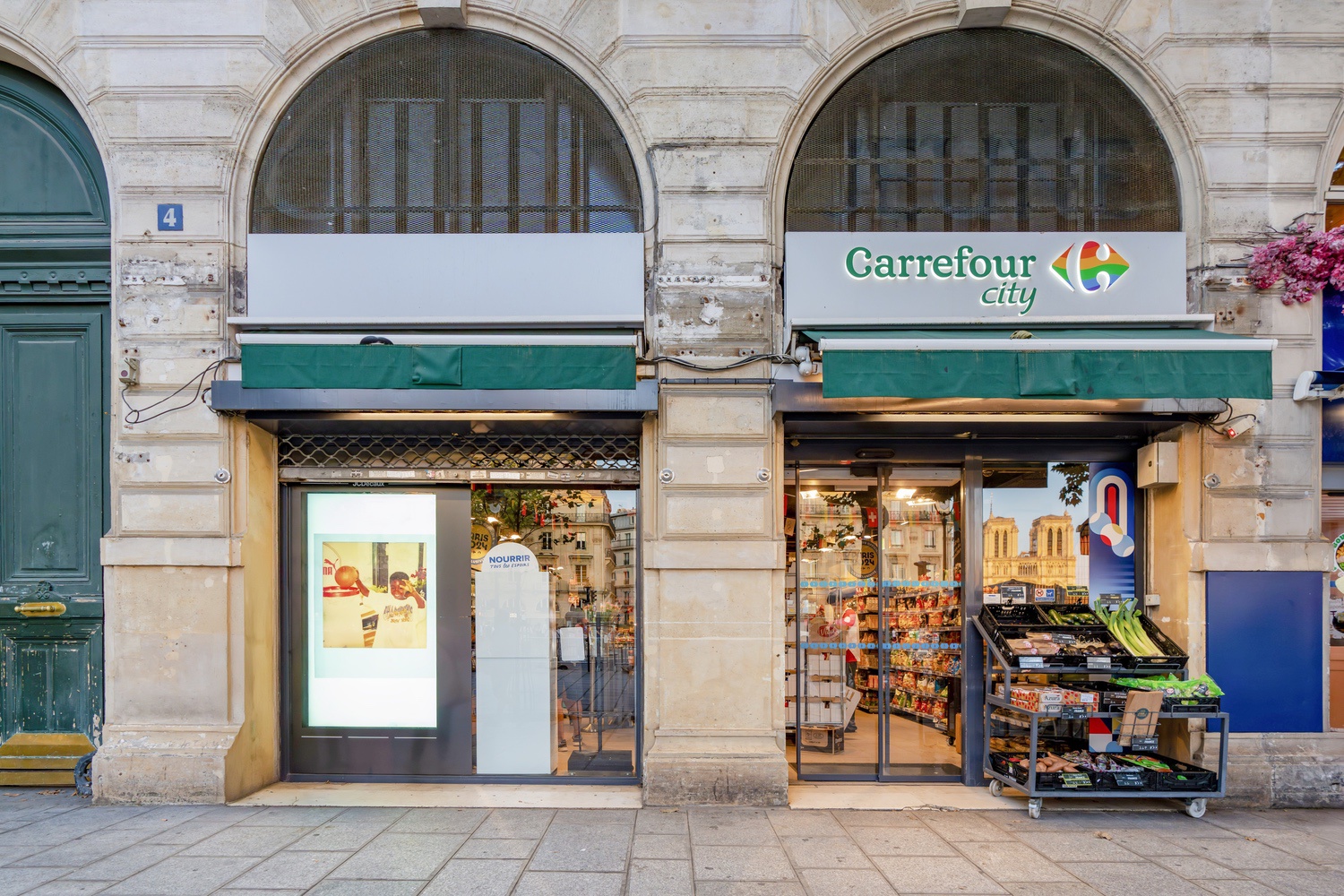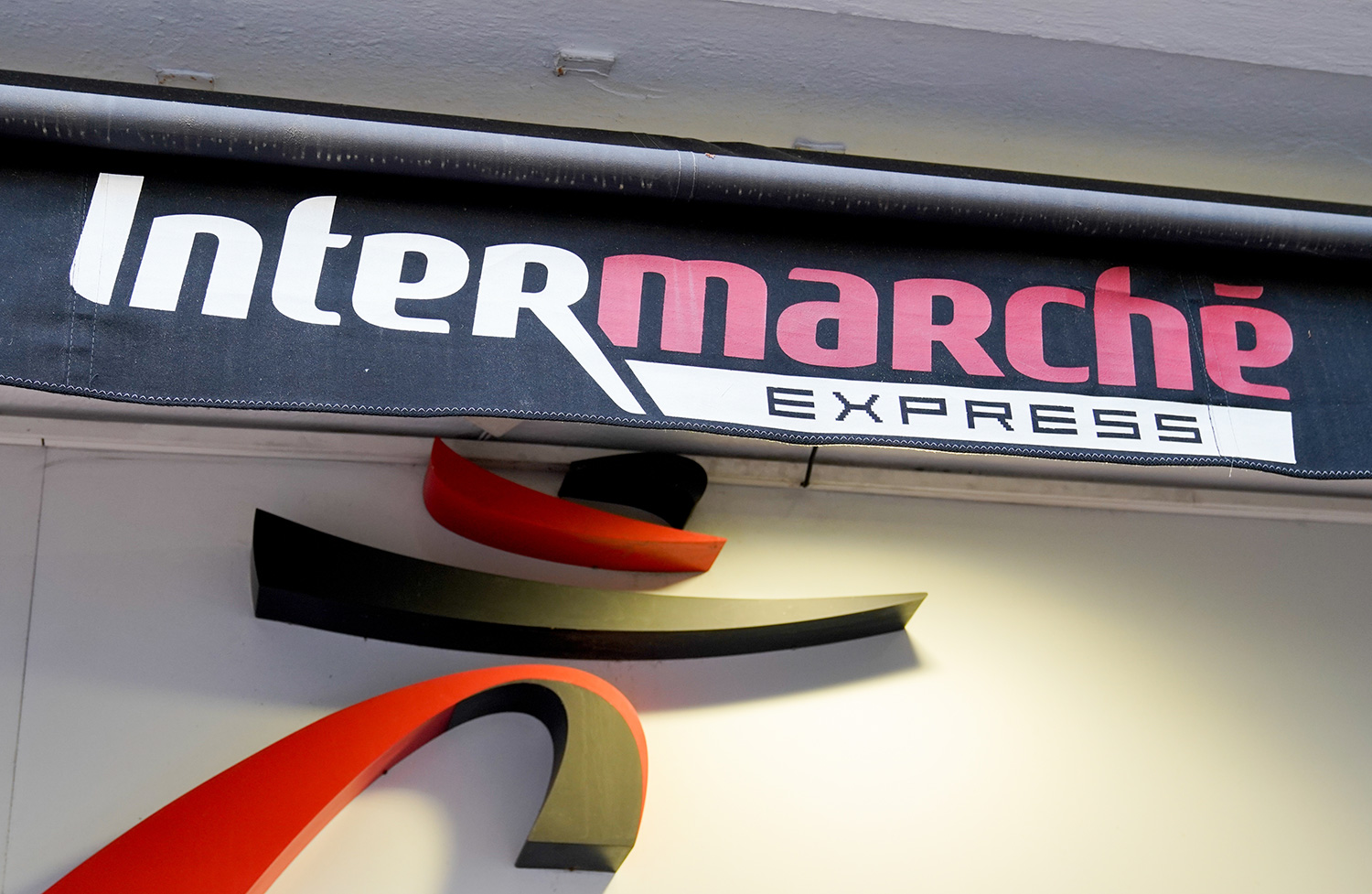

With its unique model, the Russian hard discounter had big ambitions in Europe. However, just three months after opening a shop in the Flemish region, Mere decided to close its doors. Poor profitability, a lukewarm reception from consumers against a backdrop of war in Ukraine, experts at AURIS Finance, a consultancy specialising in mergers and acquisitions, break down the story.
The experiment was short-lived. Just three months after opening a supermarket in Opwijk, Flemish Brabant, Mere Belgium has announced the imminent closure of its shop in Belgium. “Commercially, the shop has proven to be insufficiently profitable,” the Belgian subsidiary of the Russian giant said in a post on social media.
A unique model and a dynamic context
Owned by the Russian group Svetofor, which was founded in Siberia in 2009 and now has 2,500 shops in Russia, Belarus, and Kazakhstan, Mere is often described as the “Russian Lidl” of the retail sector. Its model of “no shelves, no counters, and no sales staff” is similar to that of other hard discounters but promises prices 15% to 20% lower than theirs thanks to fiercely negotiated volumes. A welcome price effect in a context of inflation and falling purchasing power. In Europe, the market share of discounters continues to grow and now stands at around 11% in France, with Lidl still the most popular chain. For hard discounters, the size of the market in France and Europe is real and new players could emerge.
Entry into the French market fails
This is not the case for Mere. Beyond the question of profitability, geopolitical issues are weighing on this newcomer. In the midst of the Russian-Ukrainian conflict, the Russian giant has received a frosty reception in Europe. At the end of 2021, the Russian group had announced its arrival in France, with the opening of three shops in the east of the country in 2022. Ultimately, however, the discounter abandoned its French plans. For the time being, Mere remains committed to Belgium, where it plans to open ten shops in Brussels, Antwerp, Ghent, Bruges, and Leuven. Before the conflict, the Russian group had managed to establish itself in other European countries, including Germany, Poland, Romania, Lithuania, Spain, and the United Kingdom.
New partnerships on the horizon
The retail market is currently in a state of upheaval. Hard discounters are steadily winning market share against an inflationary backdrop that is squeezing consumers’ purchasing power. There is also a trend towards mergers, creating powerful synergies and cost savings. In November 2020, Aldi acquired 545 Leader Price shops from the Casino group for a business value of €717 million. Private equity funds are not to be outdone either and are positioning themselves in the retail sector, following the example of the American CD&R, which recently acquired the British supermarket chain Morrisons.
Get the support you need
The European hard discounter market is currently booming, as evidenced by the Russian giant’s recent attempts to make inroads into Belgium and France. Against this backdrop, further mergers could be on the cards. Private equity funds are always on the lookout for targets with proven business models, while industry giants are looking to increase their market share by acquiring their competitors. AURIS Finance’s sector-specific experts will support you throughout your M&A transactions.


